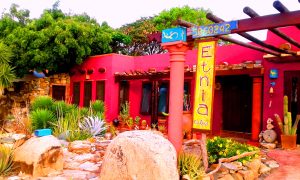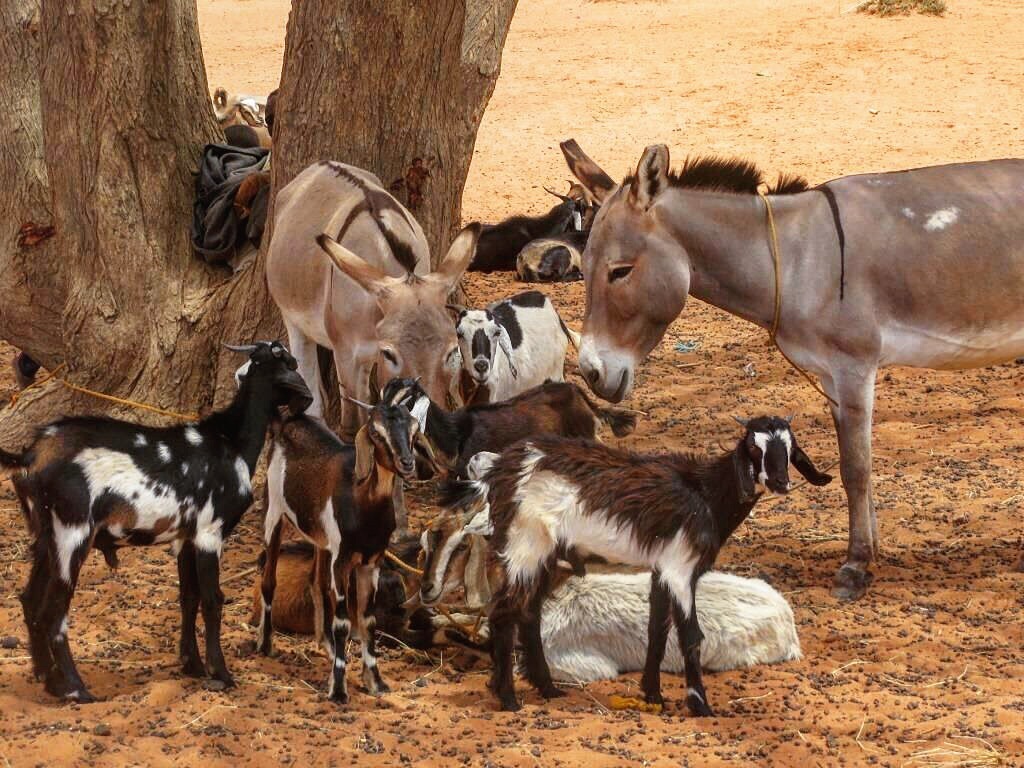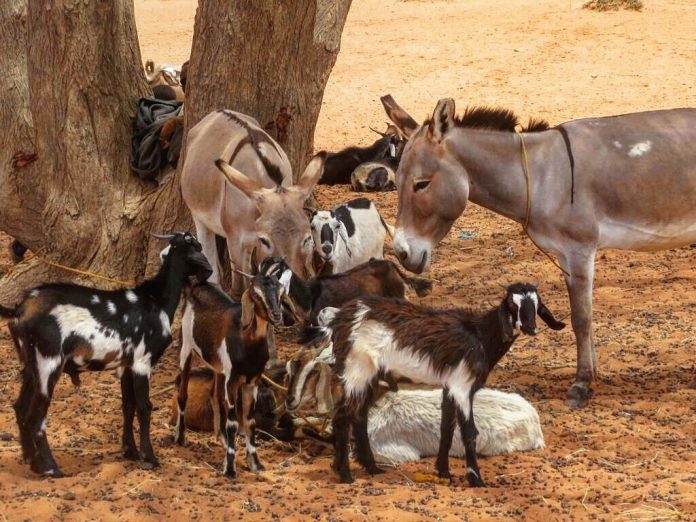Booking a magical glimpse inside Etnia Nativa is easy!
Article by Etnia Nativa call us 592 2702 and book your experience!

The narratives of Etnia Nativa advocate for the ethnic origins of Aruba, rooted in the revival of the island’s identity and cultural heritage. Through this platform, we share authentic Indigenous perspectives, educate the public, and inspire readers to embrace their role as caretakers of the island.
In this episode, we explore a lesser-known chapter of Aruba’s past—one that predates modern visitors seeing donkeys trotting along the roads or goats grazing in the arid countryside. These animals are not recent arrivals; they have been part of Aruba’s colonial landscape and cultural history for centuries.
Both goats and donkeys were introduced during the colonial period, brought to the island by the Spanish through trade. They quickly adapted to Aruba’s harsh environment and, over time, became inseparable from its rural identity and way of life.

Goats, in particular, have proven remarkably resilient. On an island of rocky hills and dry scrubland, few animals thrive as effortlessly. Agile and resourceful, they navigate steep slopes with ease, feed on thorny bushes and undergrowth, and sometimes even rest in the branches of watapana trees.
Their grazing habits are not only adaptive but also beneficial. By keeping dense vegetation in check—especially in hard-to-reach areas—goats help maintain ecological balance. Their day begins at dawn, often hydrating with morning dew before the sun grows intense. Despite their origins in colder regions, goats have acclimated well to Aruba’s dry climate—so well, in fact, that humidity poses a greater threat to their health than heat.
For more on their evolution and cultural significance, see Episode 187: “Our Cabrito.”
Another quiet survivor of this desert island is the donkey. Like the goat, the donkey has a remarkable history of endurance. Native to arid regions, they were well-suited to Aruba’s desert-like environment. Their slow metabolism and efficient water retention enabled them to survive long periods without drinking—a vital trait on an island where fresh water was once scarce.

Beyond their endurance, donkeys played a practical role in early Aruban life. They were used for transportation, and their manure served as a valuable agricultural resource. In times when currency was scarce, donkeys themselves became a form of trade—an indicator of wealth and a vital part of the island’s economy.
For a deeper look at their role on the island, visit Episode 255: “Donkeys—Their Arrival on Aruba.”
Unlike goats, however, donkeys are sensitive to temperature fluctuations and do not tolerate cold or humidity well. Aruba’s consistently warm, dry climate has allowed them to thrive. Even today, semi-wild donkeys roam the countryside—often mistaken for strays, though they are part of a long-standing lineage of free-roaming animals.
Living Symbols of Heritage
Goats and donkeys are far more than picturesque elements of Aruba’s landscape—they are living symbols of the island’s colonial past and agricultural traditions. Their presence connects us to a time when survival depended on resilience, adaptability, and a deep harmony with nature.
So the next time you see a goat perched on a rocky ledge or a donkey making its way across a cactus-studded plain, pause for a moment. Consider the journey that brought them here—and how perfectly they now belong.
If you enjoyed learning about our ancestral stories and want to explore the true identity of the Aruban people firsthand, we invite you to visit Etnia Nativa—the only “living museum” of its kind in the Caribbean, reflecting the island’s rich mestizaje (cultural blending).
Founded in 1994, Etnia Nativa’s creator has been a cultural pioneer, co-founding key institutions such as Aruba’s National Park, the Archaeological Museum, several artisan foundations, and other community-based initiatives.
But Etnia Nativa isn’t just a place—it’s a gateway. Quietly tucked away near the high-rise hotels, this private residence also serves as a cultural sanctuary that most tourists never discover. And that’s the magic. It’s intentionally exclusive, welcoming only those with a genuine curiosity and a thirst for authentic discovery.
Connect with the spirit and soul of Aruba’s ancient heritage through a truly one-of-a-kind experience. Whats App +297 592 2702 etnianativa03@gmail.com
















